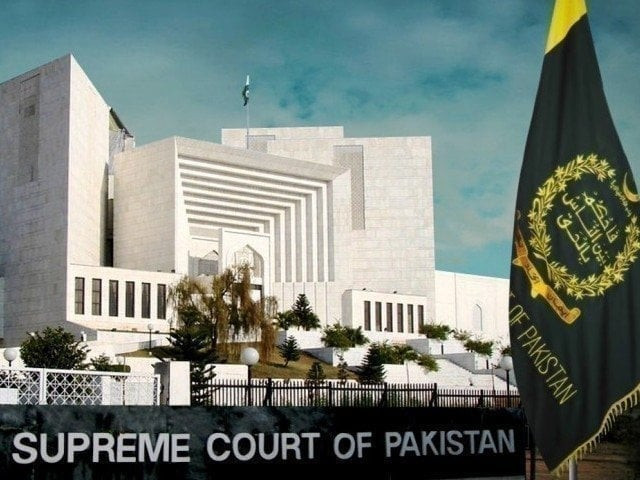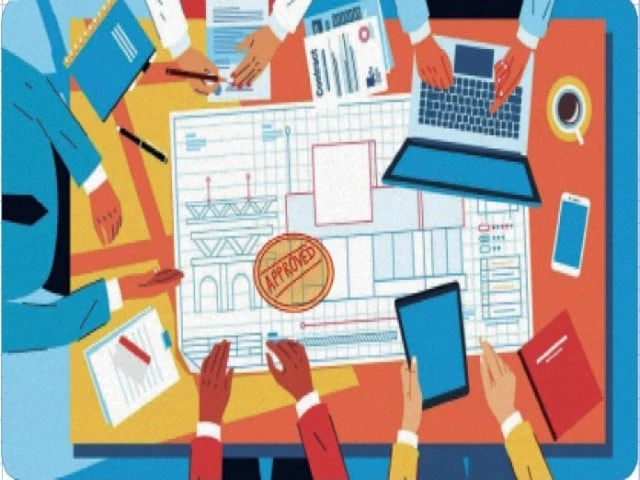Judicial Independence in Pakistan: A Crucial Moment for the Judiciary
In recent weeks, the judiciary in Pakistan has found itself in a turbulent situation, with five judges from the Islamabad High Court (IHC) filing petitions that bring the topic of judicial independence into sharp focus. This isn’t the first time these judges have sought help from the Supreme Court, as this process dates back to March 2022, when issues surrounding executive interference came to light.
One noteworthy aspect of this situation is the absence of Justice Muhammad Arbab Tahir, who was part of the discussions last year. The dynamics change with his departure, raising questions about the upcoming proceedings.
Renowned legal figures like Shahid Jamil Khan and Saiful Malook have voiced their concerns, arguing that it’s unprecedented for judges of a constitutional court to seek justice through a personal petition. This raises essential questions about the integrity of Pakistan’s judiciary, with Malook inferring that the future response from the Supreme Court could define the institution’s standing in the eyes of the public.
The reasons behind these petitions are grave. Allegations of executive interference, breaches of judicial oaths, and undue pressure to sway court decisions are significant. The notion that judges themselves are now bringing these matters to the apex court leaves a bitter taste in the mouths of law practitioners and citizens alike.
Moreover, the recent passage of the 26th Constitutional Amendment has added fuel to these concerns, as critics argue it tightens the government’s grip over judicial operations. The ongoing tussle raises critical reflections on the following: Can the judiciary uphold its constitutional obligations in such a climate?
As the Supreme Court prepares to deliberate on these petitions, many are hoping for a decisive ruling that respects the principles of justice and independence. The outcome could either reinforce the judiciary’s credibility or further deprive it of public trust.
Navigating these troubled waters requires a community of informed citizens. For those interested in staying updated on such pivotal developments, connecting with platforms like Pro21st can provide valuable insights and discourse surrounding the laws and judicial changes affecting us all.
At Pro21st, we believe in sharing updates that matter.
Stay connected for more real conversations, fresh insights, and 21st-century perspectives.





